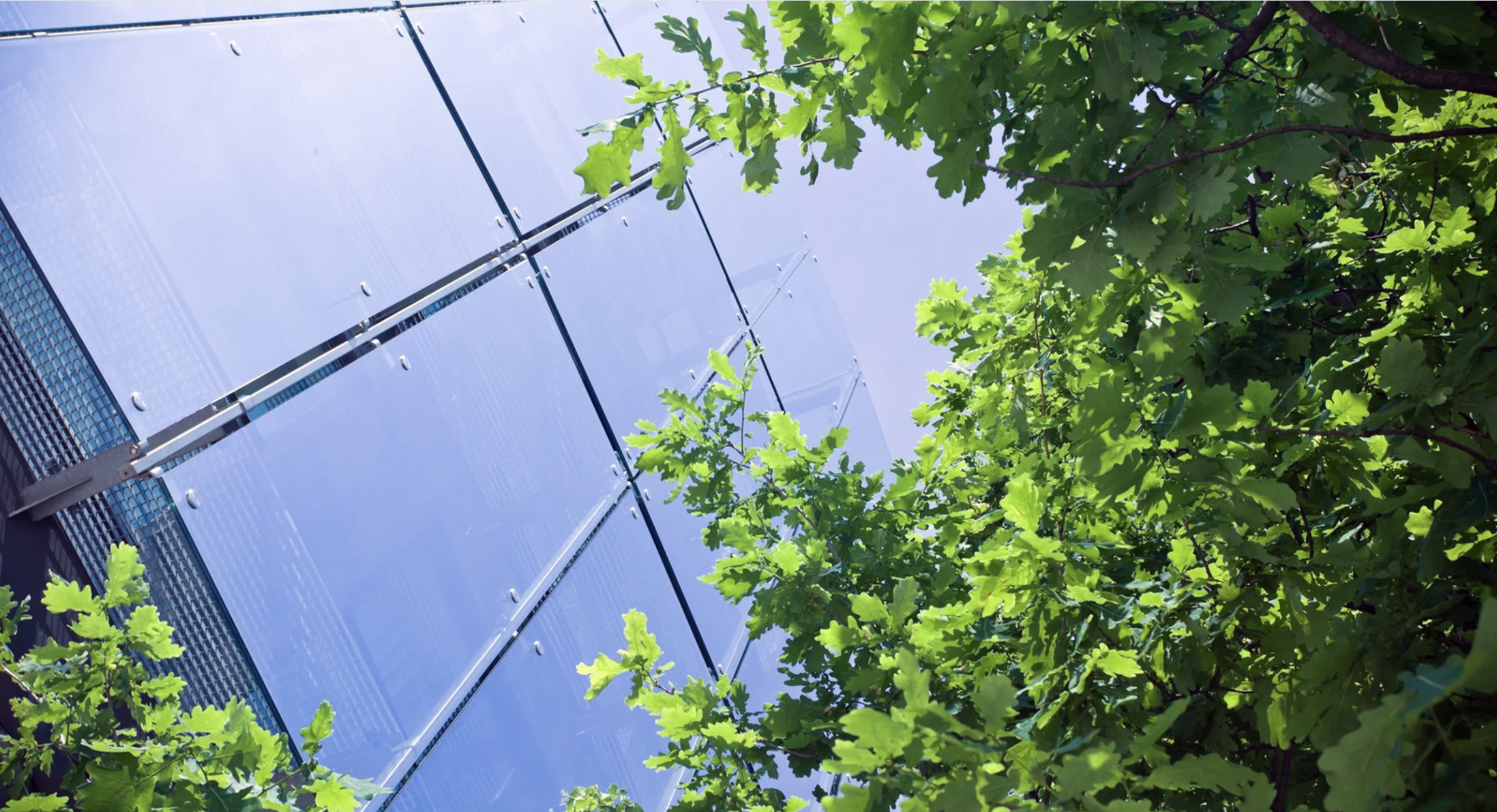Wei Shen | World Journal
Los Angeles faces many challenges and opportunities in promoting urban greening.
Residents’ perceptions of and responses to greening are diverse and complex, depending on the economic structure and historical context of the neighborhood.
Sissy Trinh, CEO of the Southeast Asian Community Alliance, noted that in her work, she has frequent contact with low-income residents in Chinatown, and has learned that concerns about gentrification and forced evictions are particularly strong.
Worried about rising rents and being forced out of the neighborhoods they’ve lived in for years, residents are suspicious of any new renovation measures, especially greening projects that seem like a good idea.
However, “hiring locally and creating state jobs with benefits is also part of the strategy and plan to implement more green space”, said Trinh.
Chinatown is a historic neighborhood that has long faced the challenges of both economic stress and social change.
Peter Ng, executive director of the Chinatown Service Center, says that for low-income residents, the primary concern remains economic. However, he also points out that “greening can coexist with affordable housing and economic development, and what is needed is sound urban planning and policy support”.
Improving the accessibility of existing green spaces is also important, Trinh said, noting that there is a section of Los Angeles State Historic Park near Chinatown between the park and the neighborhood where pedestrians can’t cross safely because there are no traffic lights.
Despite the close proximity of the straight line, residents in the neighborhood are unable to use the park easily. This could really be solved simply by adding a traffic light,” she pointed out. But with a large logistics center for a courier company nearby, the trucks may not want to add to the wait time. In such cases, community organizations need to intercede, and “consensus is the key to solving these problems.”
In addition, Trinh mentioned that existing park space could be used to promote the cultural vitality of the community, such as formalizing street vendors and organizing night markets, which would not only increase park utilization, but also promote community interaction and economic development.
There needs to be more dialogue and collaboration between city officials, community leaders and residents to find solutions that balance the interests of all parties. Monterey Park Mayor Thomas Wong mentioned that when he was on the board of the San Gabriel Valley Water Conservancy, he advocated for funding for schools to undertake greening projects.
Now the city is working on a comprehensive parks system master plan and is actively listening to the community.
While greening is important, it is only when economic pressures and community needs are taken into account that long-term solutions can be found that will benefit the entire neighborhood and truly benefit the community.
Greening is not just about planting trees and building parks, it is about creating a livable, safe and inclusive community environment from which all residents can benefit.
This story was produced by Ethnic Media Services in collaboration with the Laboratory for Environmental Narrative Strategies (LENS) at UCLA as part of the Greening American Cities initiative supported by the Bezos Earth Fund.
Wei Shen wrote this fellowship story for World Journal, the most influential Chinese language newspaper in the United States and one of the largest Chinese language newspapers outside of Greater China, with a daily circulation of 350,000.
“Greening LA: Chinese Americans Collaborate”, by Shen, describes why residents of LA’s Chinatown, worried about rising rents and being forced out of the neighborhood they’ve lived in for years, are suspicious of any new renovation measures including greening projects.
“I have deep appreciation and connection with green spaces,” said Shen, commenting on his experience as a Greening LA fellow. “I always find inspiration and tranquility in their beauty and vitality.”




